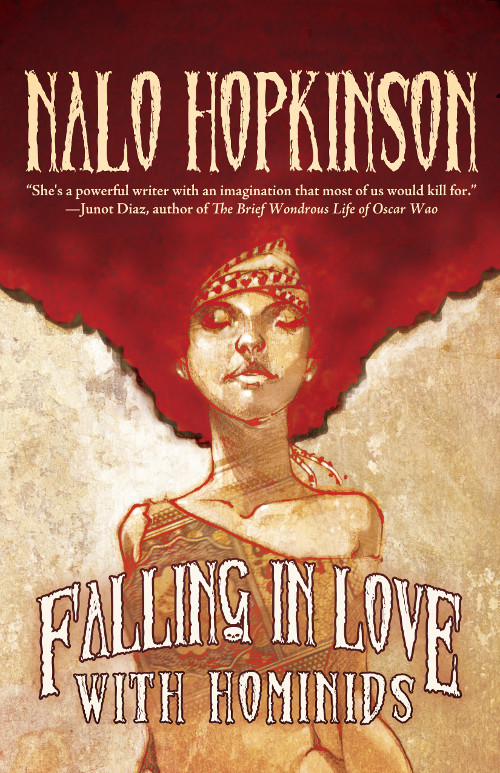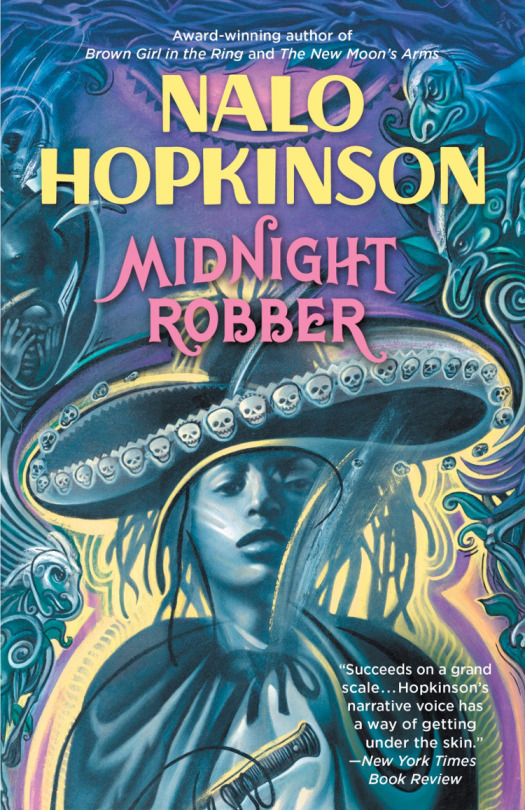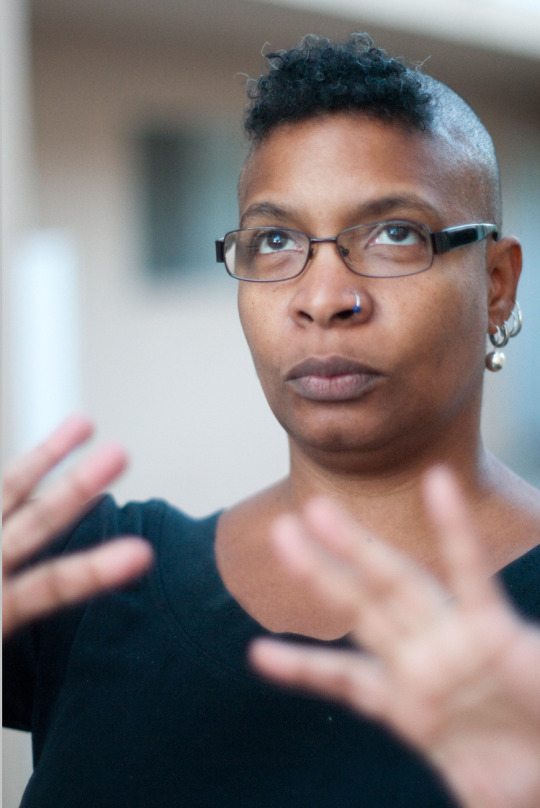With exquisite and original THE BRUISING OF QILWA, Naseem Jamnia delivers a rewarding read set in a world you’ll want to re-visit time and time again
Samuel R. Delany Fellowship recipient Naseem Jamnia’s singular debut novella THE BRUISING OF QILWA wows in reviews from Gary K. Wolfe and Alex Brown, both in Locus, The Middle Shelf, and in a dual feature that includes R. B. Lemberg’s THE UNBALANCING, Stephen Case at Strange Horizons.
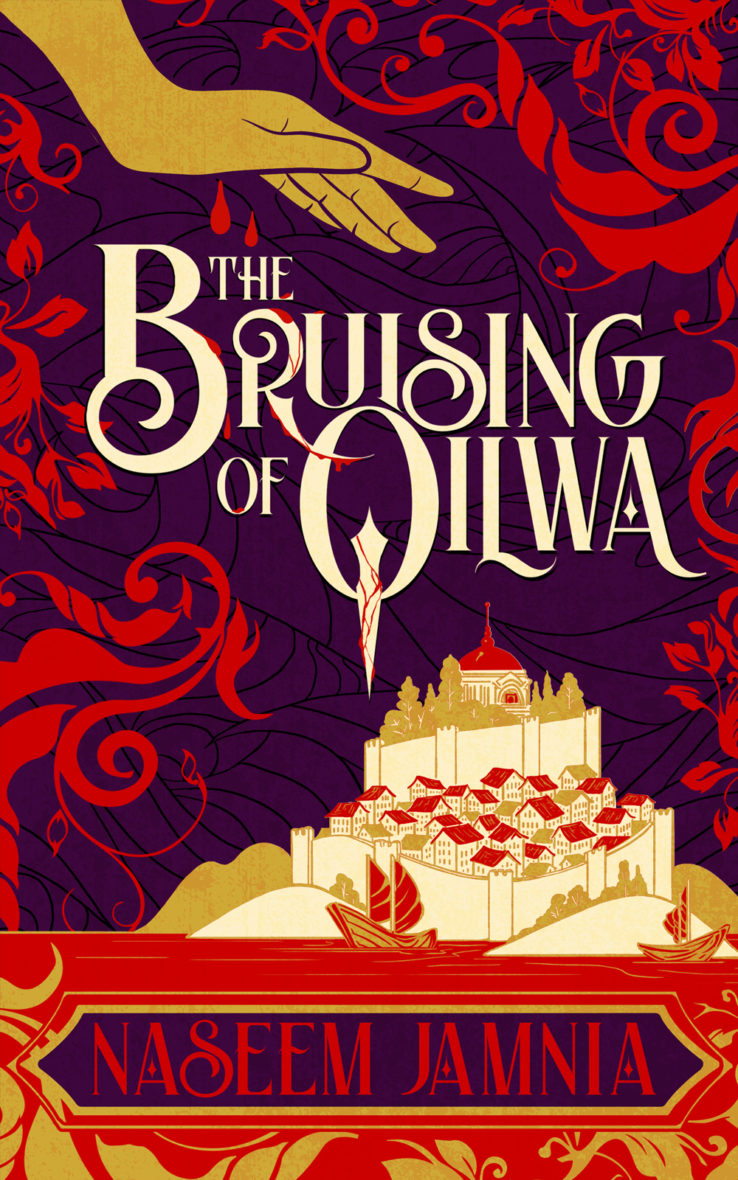
Like many of the best novellas we’ve been seeing these last few years, THE BRUISING OF QILWA is something of a Tardis tale, considerably bigger on the inside than it first appears, and it’s a rewarding addition to that growing body of fantastic fiction addressing themes of colonialism, bigotry, gender, and cultural identity. The world of the book is one we’d like to know more about, and Jamnia is a writer worth paying attention to.
Gary K. Wolfe
Despite its short length, the world building in THE BRUISING OF QILWA is exquisite and original. Jamnia doesn’t give a lot of detail about the world or its political and cultural histories, yet the story feels vast.
Alex Brown
THE BRUISING OF QILWA is an introduction to a world I’ll happily visit again in a new story.
The Middle Shelf
In the novel’s setting, Jamnia creates a rich landscape of overlapping ethnicities and languages, laying a foundation for a world-building which proceeds very much out of Iranian culture. This richness informs the book’s vocabulary. Dialogue and description are filled with references to and many other Farsi terms. Gender identity and pronouns are part of this landscape as well. Many characters mentioned in passing have non-binary pronouns—ey, eir, zhe, hos, hu, as well as pronouns used exclusively for a deity. These are used casually and without explication, making them a seamless part of the cultural background. Jamnia’s prose makes their world feel more like a—to this reader previously unknown—corner of the real world, with occasional magical details to remind that it is indeed fantasy.
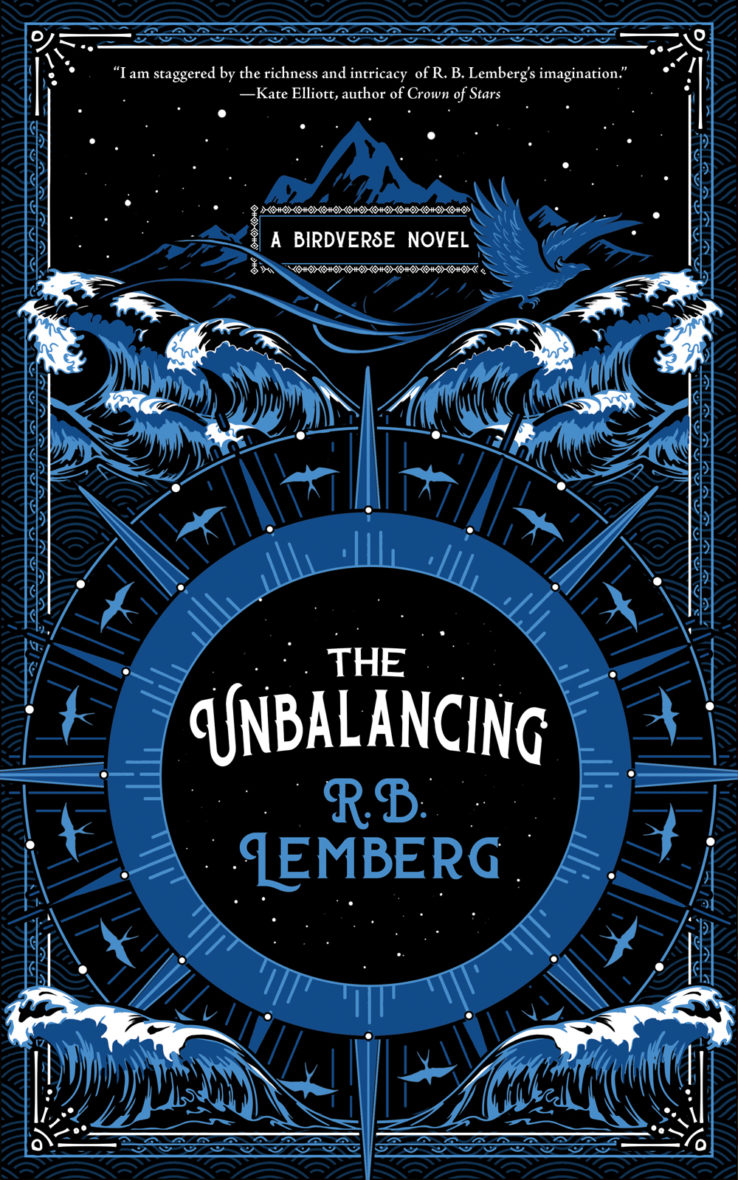
Both THE BRUISING OF QILWA and THE UNBALANCING are powerful in giving voice to marginalized or dispossessed characters without being flat, formulaic, or overly discursive. In THE BRUISING OF QILWA, the affirming, accepting healer who welcomes refugees becomes someone willing to take horrific steps to protect his city, and the protagonist is forced to face the moral ambiguity of Kofi’s decisions. In THE UNBALANCING, one protaginist begins at the center of her society’s power structure, but her desire for the novel’s other lead opens her up to understanding a positive self-abnegation in relationships—even at the cost of her home. It’s a compelling contrast: one a view of damaged idealism from a place of little social capital, the other of a character at the center of her society’s hierarchy finding a new sensitivity and humility. Most importantly, both novels deal with the respective costs.
Strange Horizons

